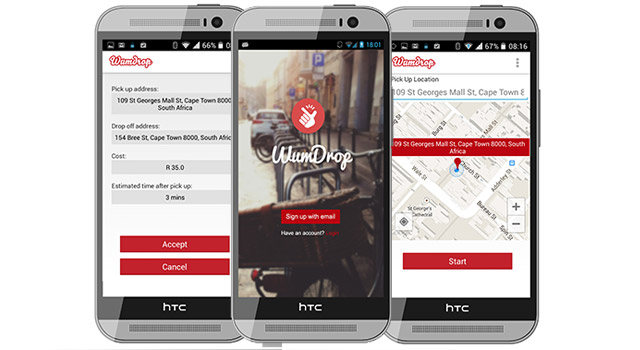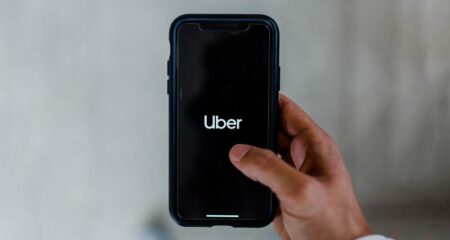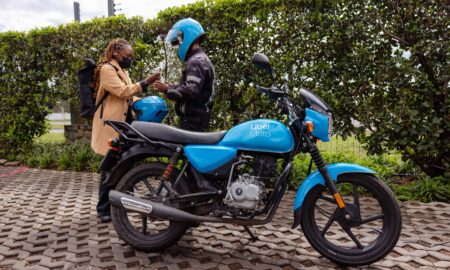
WumDrop, a Cape Town start-up, has designs on becoming the Uber of courier services in South Africa, and it has set it sights on the broader African continent, too. Uber is the on-demand taxi service that uses a smartphone app to bring drivers and passengers together.
Co-founder of WumDrop Simon Hartley says the idea came about when he and his business partner, Roy Mathieu Borole, needed a reliable courier service for their first start-up, WumWum.com, which offers nappies and other baby items to parents in the Cape Town area.
“One of the problems we picked up with selling online is poor delivery, and we realised that we did not want to hand over deliveries to a company where most of our customers were parents who often could not afford to have a bad experience.”
After some brainstorming, the pair decided that owning a fleet of vehicles was not the way to go. “Owning a fleet is a massive capital risk,” says Hartley.
People often say low Internet penetration is the reason South Africa has not enjoyed the same take-up in e-commerce as other markets. “The real reason is that customer service and fulfilment are not as good.”
To solve this problem, WumDrop wants to create an on-demand courier service that will give senders access to couriers in real time and allow them to despatch their goods as soon as they want to send them.
“Our delivery guys will be both freelance drivers and drivers that are part of an existing courier network,” explains Hartley.
WumDrop is investing heavily in a driver training programme. “We will set a high standard that our drivers will have to adhere to.”
The company will not own any vehicles. Instead, it will pick up the excess capacity of drivers who are already offering delivery services for larger courier services and point them to leads generated from the WumDrop app, insodoing hoping to emulate Uber’s success in the taxi industry.
Hartley says WumDrop will launch services with Monarch Tuksi, a Cape Town-based tuk-tuk service. The company has 20 tuk-tuk drivers who have already signed up with WumDrop.
“The whole point is that delivery in South Africa is not great, and the guy doing the delivery should not just be a delivery guy — he needs to be of the same quality as the store attendant and that is what we are trying to replicate.”
WumDrop wants its drivers to be the “Vida e Caffè baristas of the courier delivery world”, and will do so by conducting intensive driver training on how to provide good service to customers.

Drivers will be paid on a revenue-share model, similar to that of Uber. WumDrop works on a 70/30 split, where the driver gets 70% of the revenue.
WumDrop is working on smartphone apps for both drivers and customers. Once a customer loads the app and enters their credit card details, they will be able to set a pickup and drop-off point. Once a delivery request is made, the driver app will display a “delivery available” alert, which the driver can then accept (or ignore).
WumDrop also won’t use traditional waybills. Instead, the driver will take a photo of the person that the package is delivered to, or at least take a photo of the person’s business card. “It is better than waybills as photos are geolocated timestamps, and it gets sent in a receipt to the sender when they get billed.”
In the beta-testing phase, consumers are charged R7/km the driver travels, with a minimum R35 levied if the distance travelled is less than 5km.
WumDrop is working to ring-fence drivers so that pickups and drop-offs happen within the shortest time and distance possible.
WumDrop plans to make available an application programming interface to e-commerce stores, allowing them to plug into any online shop, allowing customers to select WumDrop as their delivery method.
The company already has it sights set on expansion elsewhere in Africa and in the Middle East. “We have the technology developed and don’t have additional development costs apart from our developer salaries.”
WumDrop intends launching services in Johannesburg before April. It wants to launch in its first city outside South Africa by the end of 2015.
WumDrop, which is backed by Justin Stanford, Hans Spielthenner and Sara Lopes Moutinho, is in “semi-public beta” at the moment, and plans to make the public beta available at the end of August. — © 2014 NewsCentral Media




